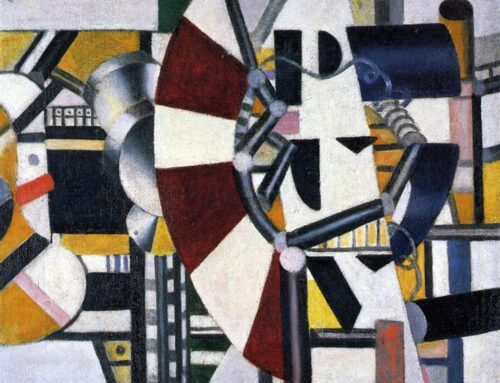Why read the classics: Italo Calvino (1923-1985) explains the nature of a classical literary composition, which has various means of speaking to us throughout the different times of our lives.
If the books have remained the same (even though they too change in light of a different historical perspective), we ourselves have certainly changed, and the encounter is a completely new event. For that reason, it makes little difference if one uses the word “read” or the verb “re-read.” We could in fact say:
The classics are those books about which normally one says: “I am re-reading…” and never “I am reading…” …. Every re-reading of a classic is a reading of discovery, just like the first time, and every first reading of a classic is actually a re-reading….
The reading of a classic ought to provide us a certain surprise with respect to the image we have of it. For this reason one cannot recommend enough the simple, direct reading of original texts while avoiding as much as possible its scholarly literature, commentary, and interpretation. School and university ought to serve to let us know that no book that speaks of a book says more than the book in question: instead they do everything to lead us to believe the contrary…. We are able to conclude that a classic is a work that constantly calls forth a fine dust of critical discourse around it, but continually shakes it off…. School is held to provide you with the means to exercise a selection of classics; but the choices that count are those that happen beyond and after every school.
— Why Read the Classics (Perché leggere i classici)






Leave A Comment